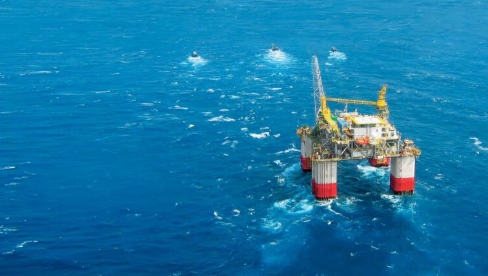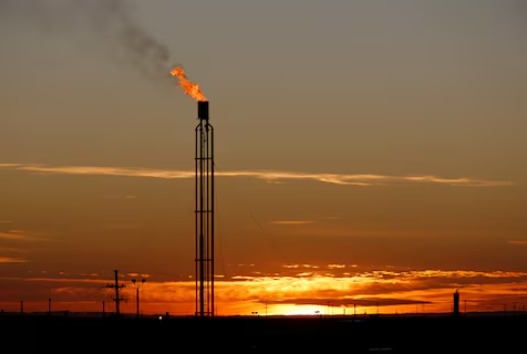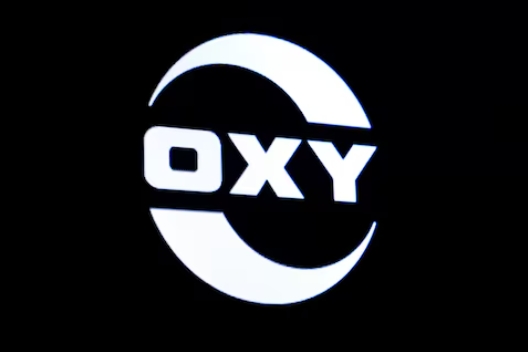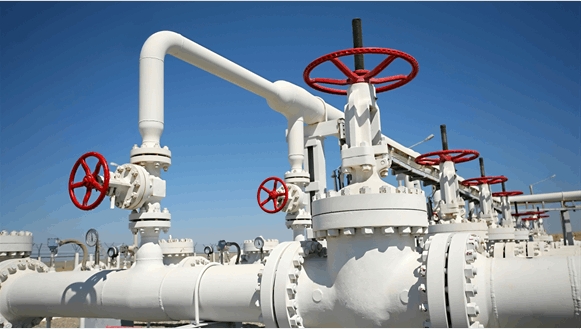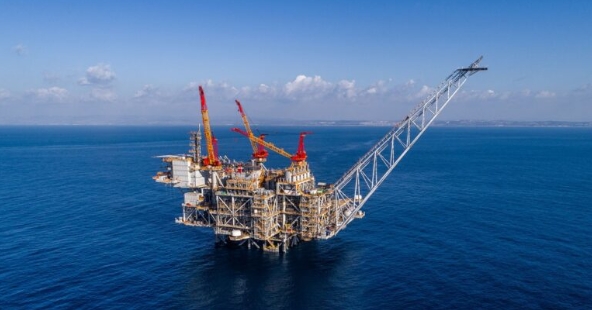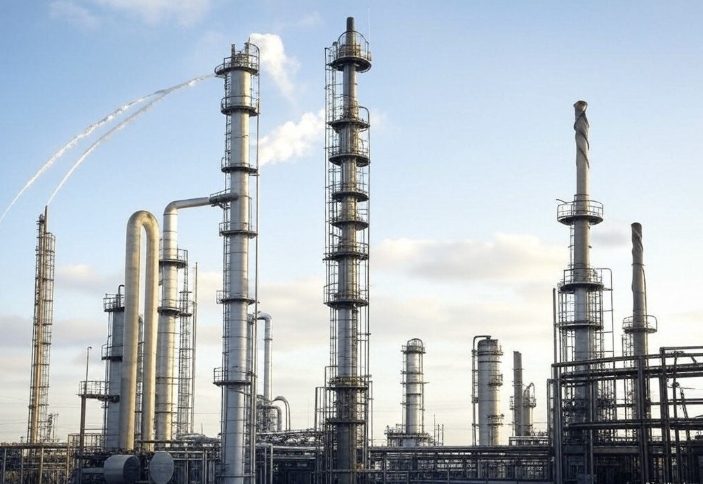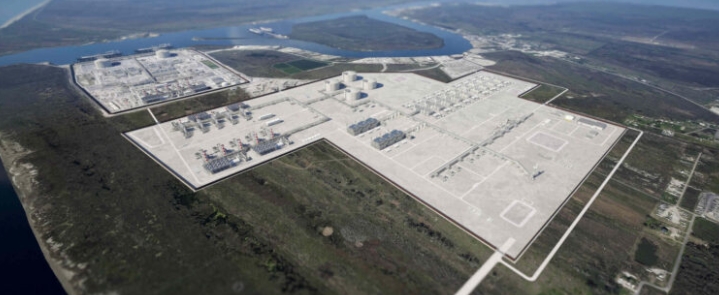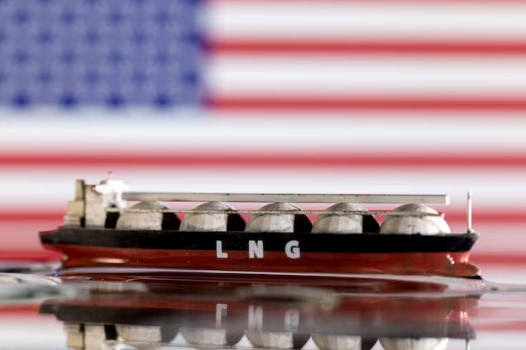
Model of LNG tanker is seen in front of the U.S. flag in this illustration taken May 19, 2022.
Project Details & Regional Impact
Trinidad, Latin America’s largest liquefied natural gas (LNG) exporter, sought to develop offshore fields in Venezuela and along their shared maritime border to address declining domestic reserves. Venezuela’s Dragon field, holding 4 trillion cubic feet of gas, was licensed to Shell in 2023 for 30 years, with plans to export gas to Trinidad for LNG conversion by 2025. A separate cross-border field, Manakin-Cocuina, was granted to BP in 2023. These projects were viewed as critical for Venezuela to monetize its gas reserves and generate new revenue.
U.S. Sanctions & Corporate Responses
The revoked licenses were exemptions under U.S. sanctions targeting Venezuela’s energy sector and state-owned PDVSA. Recent U.S. measures have also suspended authorizations for Chevron, Eni, and Repsol, requiring operational halts by May 27. Washington cites concerns over Venezuelan President Nicolás Maduro’s “failure to restore democratic processes” and address migration issues. Venezuelan officials have criticized the sanctions as economically damaging.
Trinidad’s Next Steps
Young stated the revocation halts payments to Venezuela tied to the projects. Trinidad aims to engage the U.S. government to discuss the suspensions and recent U.S. tariffs on Chinese shipping, which could adversely affect Caribbean economies. “We are seeking dialogue to address these developments,” he emphasized.
Corporate & Government Reactions
Shell declined to comment, while BP and Venezuela’s government have not yet responded to requests. The suspensions underscore challenges for international firms navigating geopolitical constraints in Venezuela’s energy sector.
The decision impacts Trinidad’s efforts to stabilize gas supplies and complicates Venezuela’s near-term export ambitions, highlighting the broader ripple effects of U.S. sanctions in the region.
